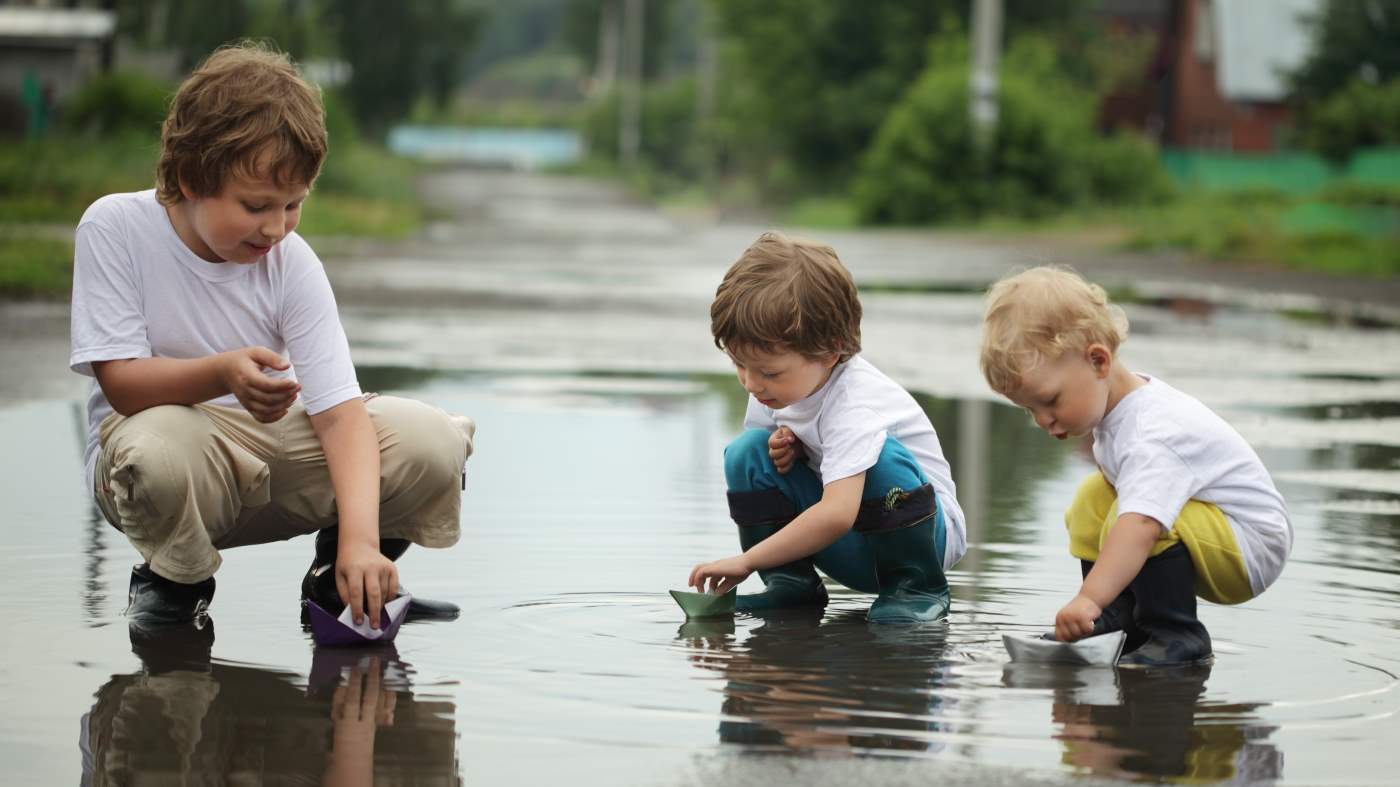Associative play – a bridge towards making friends

You might not remember how you made friends when you were little, we kind of just know we had them. Becoming friends is a long, steady process, with ups and downs along the way. Your toddler won’t know what a friend is just yet, or what it means to be friends, but they are beginning to show interest in others who enjoy doing the same things as they do. What a great start for them!
Having the same interests helps your toddler create connections with others
They may feel secure at home but when they step into someone else’s home, or a nursery setting, they may be out of their comfort zone. When they feel comfortable, children settle and this allows them the freedom they need to grow, learn, explore and be happy.
Playing with children who have the same interests can offer comfort for your toddler.[1] When they find a common interest with others, it can help them feel more emotionally secure and support them in building connections.[1]
They may not necessarily chat to whoever they are playing with; your toddler is purely showing an interest right now and this is perfectly normal
They might talk to each other a little bit, but they will still be absorbed in themselves and their own play.[2]
This type of play is known ‘associative play,’ which means your toddler will play with another child who is doing the same as what they want to do.
For example, your toddler goes for a playdate with a friend, and they play with play dough. You might hear them talking to each other as they play with the dough, telling each other what they are doing, but your toddler won’t fully listen and take onboard what their friend is doing. Instead, they’ll keep playing the way they want to.
‘Associative play’ is a bridge between them playing completely on their own and making friends
It’s a tricky stage because they're still completely focused on themselves but are becoming interested in what others are doing.
Yet it's also an exciting stage for them! Their world is expanding, and they are starting to understand they can share experiences with others.
Navigating this dynamic might be challenging and will take time, but along the way, they'll learn about taking turns, making friends, and you'll most likely notice their language developing as they listen to other children and hear what they say.
With this in mind, don’t expect your toddler to be able to share and take turns just yet
There are many social norms and rules that come with being a friend and having friends, and sharing is one of them.
Making friends and sharing takes time to develop, and your toddler may continue to push some boundaries, perhaps by telling someone else they can’t play with them. Try not to become upset if this happens; they are still learning about how to play with others and see things from other viewpoints – there's a lot for them to take in.
Friendships evolve when children can communicate well and understand that sometimes they might have to negotiate, listen and take turns. Being a friend is a complex art that takes quite a while to figure out, but it’s totally worth the journey to get there.
References:
[1] E. Kennedy-Moore. (2012) Growing Friendships. How Children Make Friends (part 2). Psychology Today.
[2] WebMD Editorial Contributors. (2021) What Is Associative Play? Grow by WebMD.